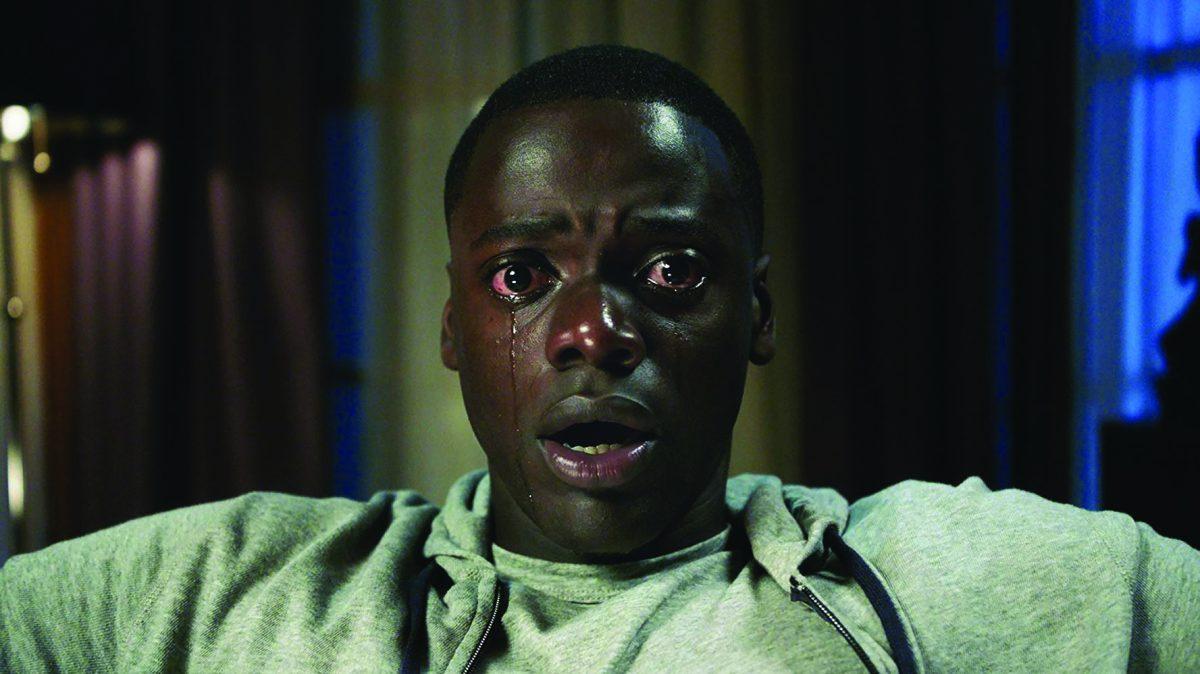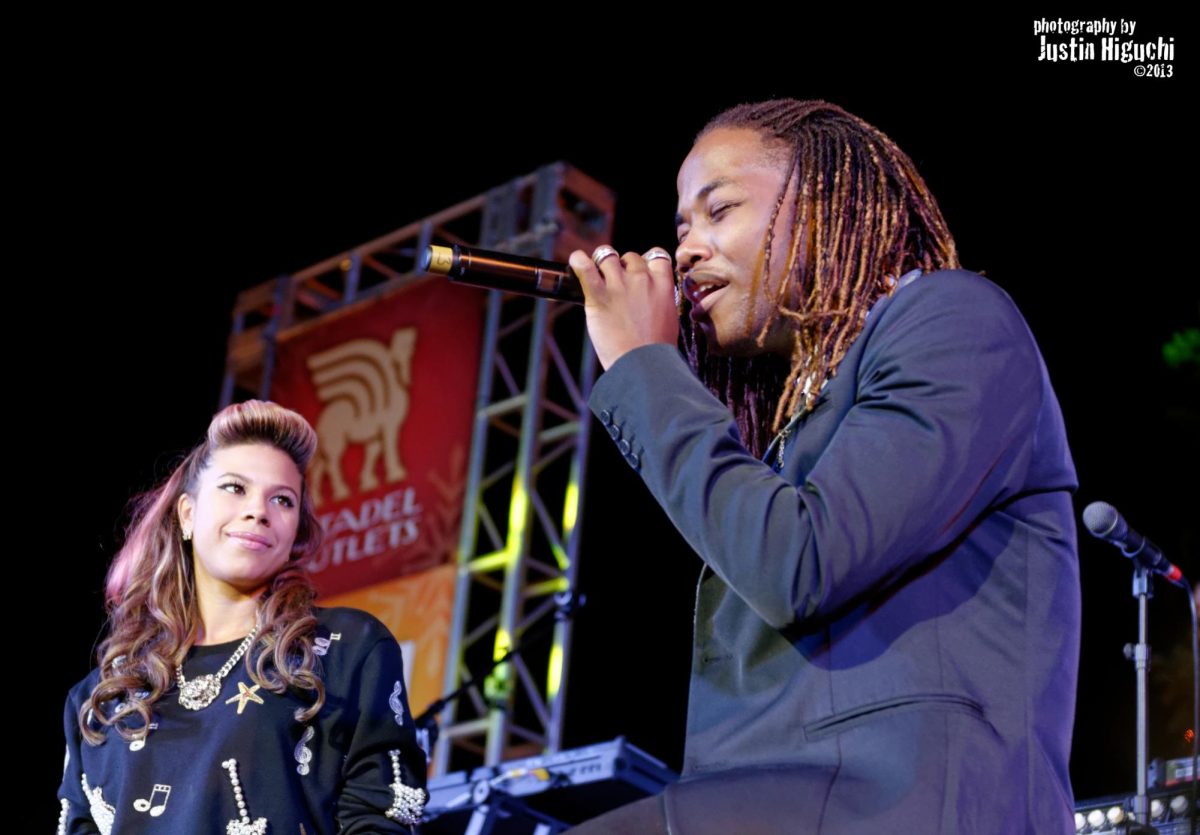TW: Mention of Rape
If I hear about elevated horror again I’m going to lose my mind.
Say it with me: there is no such thing as elevated horror.
The horror genre has been around since the beginning of time and is incredibly ingrained in society. The aim of the genre is most famously to elicit terror but it is also not limited to scaring, disgusting or startling the audience. Horror is an important convention because we are able to confront our greatest fears. It was also one of the most popular genres in early cinema and has remained a mainstay throughout. Despite its ubiquity, horror has not nearly received the same amount of critical attention as some other genres despite its mass cultural and commercial appeal.
It is insulting to the genre to divide the category into lofty “elevated” and banal “inferior” versions. We do not do this for comedy or drama — it typically is reserved just for horror. Like other literary genres, horror has a rich array of conventions and tropes that directors and screenwriters utilize. There is rarely any discourse or discussion on the effectiveness of these tropes as there is in other genres. We don’t call “If Beale Street Could Talk” elevated drama in comparison to something like “Green Book,” or “The Favourite” elevated comedy in comparison to “Game Night.” Horror is not an inherently weak genre.
While there has been an uptick in horror movies that should be recognized with more critical praise and attention, it is still not necessary to divide the genre. It is just a simple modifier that is used to obscure the fact that the movie you’re watching is a horror movie. It is becoming increasingly common to see horror movies rebranded as something they are not. Part of the issue is that horror movies are not as critically lauded or recognized as other movies. The most prominent horror movies to be critically recognized are “Aliens” (1986) and “The Silence of the Lambs.” However, when you think of these movies, horror is not the first genre to come to mind. “Aliens” is often categorized as sci-fi and “The Silence of the Lambs” is often thought of as a thriller. It seems difficult to think of a movie as purely just a horror movie without adding some sort of modifier, be it elevated or sci-fi, as a way of distinguishing or taking away from horror as it is seen as some sort of “dirty” or “lowly” genre. With the critical success of Jordan Peele’s “Get Out,” I hope that the horror genre can be re-evaluated and its merits celebrated. While I welcome the success and discourse regarding Peele’s work, I wonder if his movies fall into the same trap. While Peele has brought discussions about race and being black in America to the forefront, it’s often again used as a way to validate the movie, because if it were not about race it would not hold up as just purely a horror movie. This is not to say that “Get Out” hasn’t provided a valuable opportunity for discussions of race in America.
Horror movies have been used to have discussions about uncomfortable subjects with recent movies about women’s sexual maturity in “The VVitch,” race in “Get Out,” casual sex in “It Follows” and grief in “The Babadook.” Even looking to the past, “Nosferatu” is about immigration in Europe and “Alien” could be about rape. Having these difficult subjects personified as some beast or entity is empowering and interesting to see realized on screen. It makes it easier for us to face our own demons and challenges, and fills us with hope and determination.
There are films that are incredibly successful that we would not consider “elevated horror” such as “Halloween,” “Nightmare on Elm Street” or “It.” B-movies have had a historic run on the midnight movie circuit and have been instrumental in providing friendships, laughs, thrills and tears for generations past and to come. They have been instrumental in opening up public discourse about race, most famously with the casting of Duane Jones in “Night of the Living Dead” and gender in “What Ever Happened to Baby Jane?”. Horror, elevated or not, has and will be an important genre for moviegoers, even the snobs.




